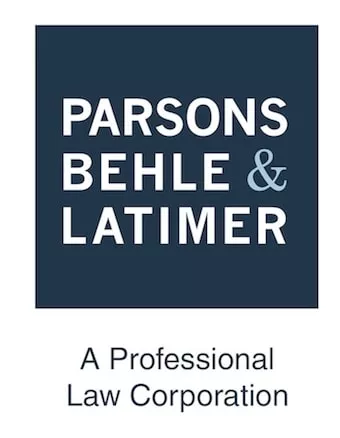At the beginning of November, shortly after Elon Musk's acquisition of Twitter, the company began mass layoffs. It is unclear how many employees have been or will be terminated in all. However, shortly after the first terminations, five former Twitter employees filed suit against the company for violating federal and state laws. The federal Worker Adjustment and Retraining Notification (WARN) Act requires employers to provide advance notice, generally within 60 days, of mass layoffs or plant closings. Many states have so called "mini-WARN Acts" with separate requirements. Many employers are surprised when they learn that cities can implement similar acts. It remains to be seen whether other tech companies will follow Twitter's no-notice firings or will more closely heed the law. In any case, Twitter's high-profile potential misstep of federal and state law is a healthy reminder to consult with an employment attorney before engaging in terminations.
EEOC Renounces Former GC's Letter to Employers Regarding Abortion Healthcare Travel Benefits
Since the Supreme Court's decision in Dobbs v. Jackson Women's Health, No. 19-1392, 597 U.S. ___ (2022), many employers have begun to offer or supplement existing healthcare benefits to defray the cost of travel for employees seeking abortions and other reproductive medical care out of state due to increasing state-level restrictions. Former EEOC General Counsel (GC) Sharon Gustafson caused a stir in October 2022 when she sent a letter on her own to several employers and warned that the EEOC might sue employers if they provide assistance to workers seeking abortions out of state but not other medical procedures. The Equal Employment Opportunity (EEOC) renounced Gustafson's letter, stating "Ms. Gustafson is not an employee of the EEOC, and she lacks authority to speak on behalf of the agency. Accordingly, her letter should be understood to represent her own views, not those of the Commission," and directed employers to its general guidance on discrimination based on pregnancy and pregnancy-related disability. Employers can rest assured that there is no new mission at the EEOC specifically singling out abortion healthcare travel benefits.
NLRB Sets its Sights on Electronic Monitoring of Employees
Employers using technology to track employee productivity and activity beware! In a new memo, National Labor Relations Board (NLRB) General Counsel (GC) Jennifer Abruzzo announced her intention to protect employees from intrusive or abusive electronic monitoring and automated management practices by enforcing existing law and urging the Board to apply settled labor-law principles in a new framework. The memo addresses the increasing use of technologies, including wearable devices, cameras, RFID badges, GPS tracking devices, keylogger tracking, webcam photos, screenshot software and other technologies, to monitor employees. The NLRB is concerned about employers' use of data to discipline and penalize employees and potentially prevent employees from engaging in activities protected under Section 7 of the National Labor Relations Act (NLRA). To not run afoul of the NLRA, the GC urged the Board to find that the employer must have special circumstances that require covert use of the technologies and should disclose to employees the technologies it uses to monitor and manage them, its reasons for doing so and how it is using the information it obtains.
The content of this article is intended to provide a general guide to the subject matter. Specialist advice should be sought about your specific circumstances.
We operate a free-to-view policy, asking only that you register in order to read all of our content. Please login or register to view the rest of this article.


